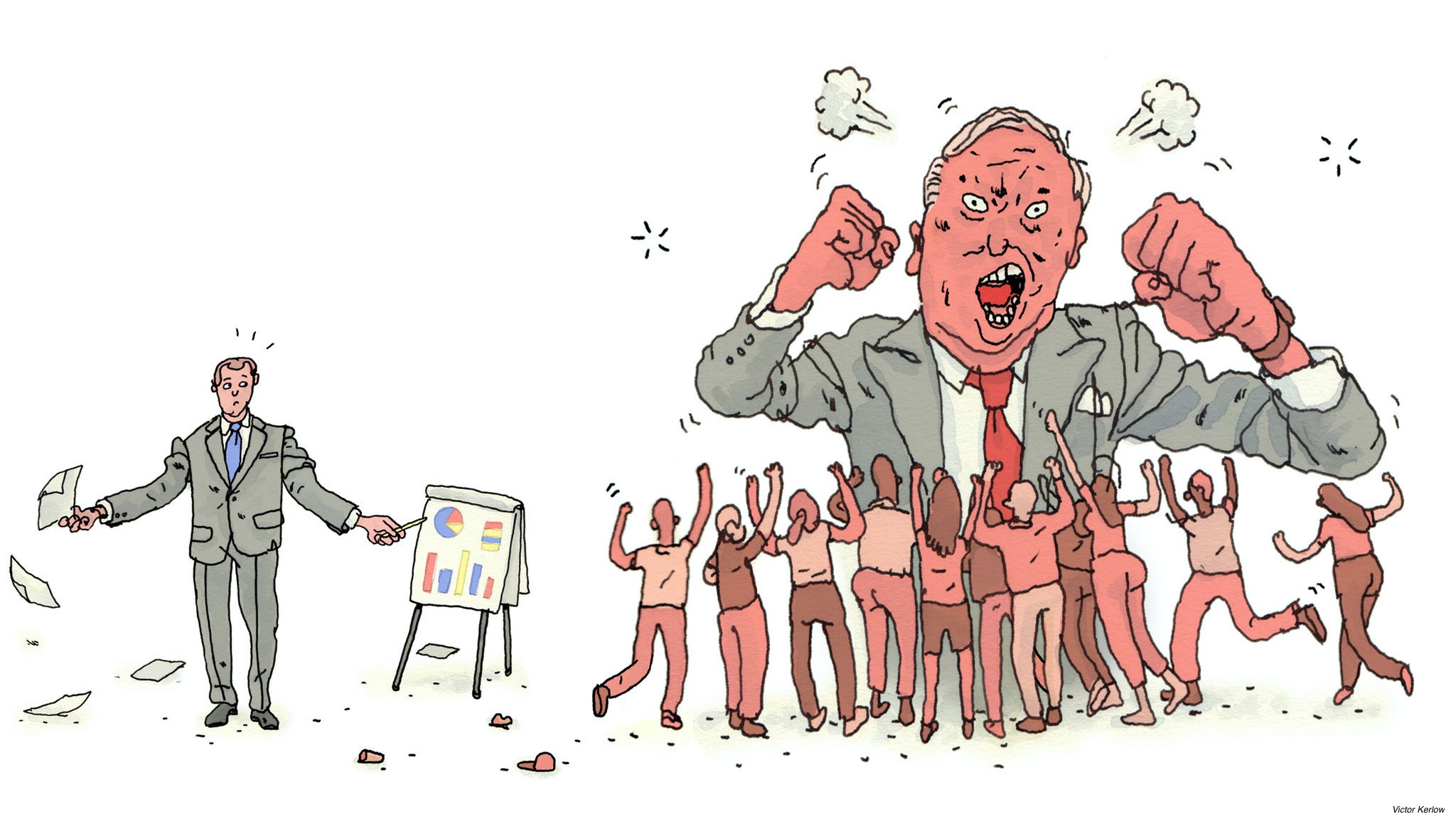When It Becomes a Personal Matter: The Success of Symbolic Electoral Mobilization Strategies
Politicians can use electoral strategies focused on material or symbolic appeals to mobilize their voters. Material appeals like, for example, in Uruguay, in 2009, where Pepe Mujica’s presidential campaign focused on collective aspects of his program building and on the successful social policies of his party, implemented in the previous government. On the other hand, more recently, the 2018 Brazilian presidential election was marked by the substantial use of symbolic strategies by the victorious candidate, the right wing extremist Jair Bolsonaro, in a polity nationally dominated until then by two traditional parties, PT and PSDB. With the support of an (until then) insignificant party, the campaign was based on direct appeals to the electorate through social media, virulent attacks to established elites and institutions, and appeals to religious identification, personalism and radicalism.
Objective
The objective of my research is to understand what makes this kind of symbolic mobilization strategy to be successful on elections. These strategies mobilize symbolic goods that are immaterial and personalistic, appealing to identification, radicalism and the valorization of personal traits, in detriment of strategies that focus on material incentives, such as programmatic or clientelistic politics, which the main issue is the distribution of public or particular goods, respectively.
The success and failure of an electoral strategy are determined by a series of systematic and contextual factors. I intend to understand the systematic factors that contributes to one type specifically. Fundamentally, the question that guides the research is: what are the systematic factors that make symbolic mobilization strategies to be successful on elections?
Hypothesis
I believe that the electoral approval of these strategies are linked with voter satisfaction levels with political institutions, based on evidences found in other studies. Voter dissatisfaction with political elites and institutions encourages politicians to offer symbolic goods, which prioritize their identity, valorization of personal qualities and ability to change the status quo.
Methodology
Currently, the research is in the methodology development phase, which will be conducted in 2 stages: a panel design global analysis of liberal democracies, aiming to pursue external validity modeling the ocurrence of symbolic mobilization strategies around the world; and a case study of the latest Brazilian elections, in order to test the causal mechanism and explore alternative explanatory variables.
